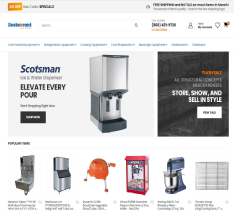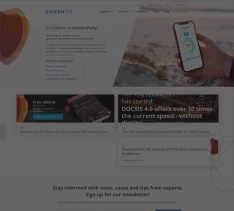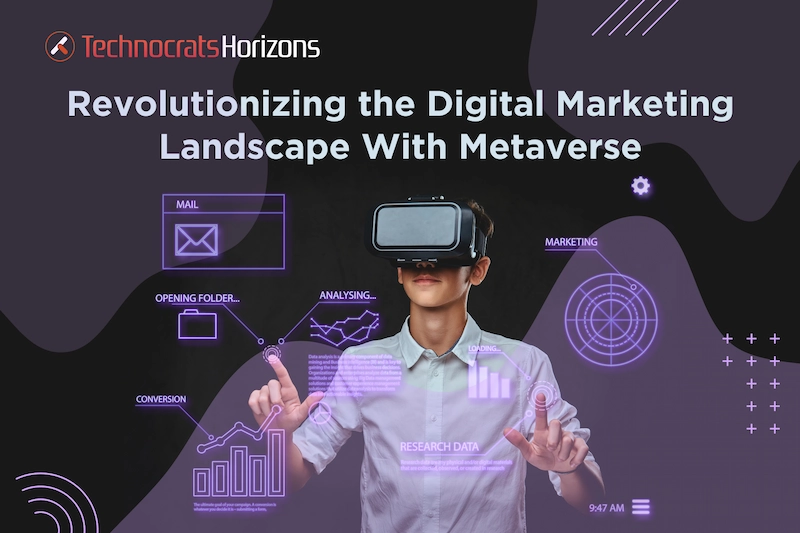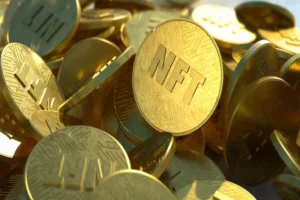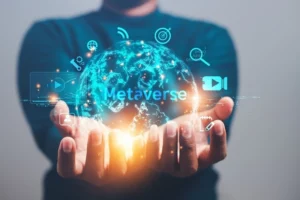Metaverse is a term we often come across on social media but have you ever stopped and wondered what all the buzz is about and how it is going to impact our future?
Metaverse is a virtual reality setting where people can communicate with one another, exchange goods, and fulfill their fantasies.
How does that affect marketers? It implies that conventional methods of marketing will soon become obsolete and people will start shopping in alternative realities.
According to experts, the market size expansion of the metaverse won’t slow down anytime soon. By 2030, it is anticipated to reach an astounding $1.3 trillion US dollars, and businesses are already positioning themselves to take advantage of this market’s rapid expansion.
With more companies putting their toes into the metaverse, marketing in the metaverse has become imperative. But what does marketing in the metaverse really mean? Continue reading to learn more about it.
What is Metaverse?
Author Neal Stephenson first used the phrase “Metaverse” in his science fiction book Snow Crash in 1992. Private investor and venture capitalist Mathew Ball claims that “Generally, the metaverse is the 3D equivalent of the Internet and computing.”
Many analysts view the Metaverse as a 3D internet model as well. Yet overall, it is a world where individuals live digital lives that resembles the actual world. A location where everyone has an avatar and you may connect with them and engage in a variety of activities like hooking up with friends, traveling to events and music festivals, selling digital items door to door, and buying and selling assets like real estate, apartments, and other things.
While opinions on how to best describe the Metaverse differ from person to person and case to case, to put it simply, it is a communicative, immersive, hyper-realistic, and interactive virtual space.
According to Gartner, 25% of people are anticipated to spend at least one hour per day on the metaverse for social networking, work, shopping, education, and leisure by 2026.
The Metaverse is endorsed as having the greatest influence on the growth of the digital economy because of its high-value forecast. Metaverse is always active and it exists in real-time.
The fusion of edge computing, 5G, and artificial intelligence (AI) will soon make it easier to provide more pleasurable, seamless, and affordable AR and VR experiences across numerous connected devices.
Want to turn your vision into reality? Let's Discuss!!
How to Use Metaverse Marketing For a Better Tomorrow
Businesses all around the world are beginning to understand that the transition from physical to digital spaces will revolutionize their advertising and marketing activities. Marketing professionals should know how to start utilizing new opportunities to advertise their products or services on digital channels. Here are six metaverse marketing strategies marketers can use right away:
-
Create a Specialized Virtual Space
The metaverse has tremendous potential for designing inviting virtual spaces that your customers will like visiting.
Like in real life, your space can become a well-liked hangout or shopping destination for both current and prospective customers. The metaverse’s virtual nature allows you a lot of opportunities to let your imagination go wild.
Virtual stores in Metaverse are a huge opportunity pit that gives a lot of scope for creating immersive experiences and user-generated content that leads to higher user engagement.
You can organize events, conduct tours, have sales, and much more. Just be sure to incorporate as much interactivity as you can to improve user experience.
Work with well-known AR or VR platforms and skilled designers to help eliminate any uncertainty in creating the setting you’ve always wanted.
-
Future of Social Media Marketing
Metaverse platforms are the logical extension of social media platforms, which have revolutionized how people engage with their peers. Large-scale public events are gradually moving away from combining offline performance with the internet, and towards adopting virtual events entirely.
Influencer marketing has opened the doors for virtual avatars to connect with each other and real-life individuals for advertising products and services.
Furthermore, virtual settings are being customized to users’ demands by producers all around the world, instead of just turning real-life events into video games to suit a mold.
For reference, rapper Travis Scott had an interactive concert on Fortnite in April 2020 to promote the release of his most recent album, which has to be one of the most original marketing ploys in recent memory.
Warner Bros. also jumped on the metaverse marketing bandwagon by releasing the First trailer through a Fortnite drive-through cinema that players could enjoy with pals while playing.
These examples reflect what kind of impact digital marketing in the metaverse could generate.
-
Develop Your Own Branded NFT
Creating a branded NFT(Non-Fungible Tokens) for metaverse marketing has the benefit of raising brand awareness. According to Statista, consumers across all demographics have a large interest in NFTs from companies like Adidas, Nike, and Taco Bell. Hence, if top-tier brands are aware of how effective NFTs are, you should also venture in that direction.
To create NFTs, you don’t need to be a tech expert. You can learn more about the process of producing an NFT from a variety of internet resources. NFT derives its basis from blockchain technology, hence it’s considered very safe.
By using this strategy, you can give your users something to remember about your metaverse and brand. It’s a brilliant idea to create distinctive NFTs and tie them up with product launches, just like Nike did with its “CryptoKicks.”
Determine what your brand is and what the audience expects from it before developing an NFT.
-
Align Your Meta vs Reality Marketing Efforts
Parallel to the transition from traditional to digital advertising, it appears that many companies are making the switch from digital to metaverse marketing. While developing a marketing plan for a virtual environment might be of interest to you, you also need to think about how it will fit into your overall digital strategy.
First and foremost, do members of your target market use the metaverse? If you’re targeting old people, you probably don’t need to pay attention to this trend right now. Nonetheless, this could be a terrific chance for you if your businesses share the same target market.
According to a study, 67% of metaverse users see it as an extension of reality.
You must make sure that your campaigns are in line with one another, just like with all of your other marketing channels. If you don’t, you risk losing control over the direction of your strategies or confusing your audience. Your marketing efforts are more likely to succeed if they are given a clear direction through your digital worlds’ activities and, more crucially, are focused on achieving the goals of your company.
Start building your Metaverse ads campaign now to stay ahead of the game.
-
Use Gift Cards for VR and Videogames
Nowadays, people get excited by the prospects of VR and video game offers. You can incorporate gift cards into your Metaverse marketing plan to reach a broad and international audience. Gift cards for video games and virtual items from retailers like Microsoft and Nintendo are currently incredibly effective marketing tools for businesses looking to connect with gamers. In the Metaverse, gift cards for video games will be far more common.
Gamers prize gift cards because they allow them to make in-app purchases from a range of virtual world businesses, improving their immersion and engagement and converting them into ardent brand fans. So, it’s a brilliant chance to engage the metaverse gaming community with these offers.
-
SEO and the Metaverse
With Google Lens, which uses an image in place of words to identify goods or services, Google is already adjusting to the new search realities.
Several major tech companies are trying to capitalize on emerging metaverse gadgets like Virtual Reality VR, and Augmented Reality AR. To get your brand at the top of the search results, you may choose to use AR-related methods.
Since visual search will be a crucial component of future search engine optimization (SEO), marketers should start incorporating it into their plans for digital marketing since images make up the majority of the information in the metaverse.
Are you ready for the Metaverse?
It’s easy to daydream about the metaverse and envision all of the potential outcomes that could result from it.
Yet, it’s crucial to confirm that your business and brand are genuinely prepared to enter this intriguing new virtual world.
So, it’s imperative to make sure you’ve mastered the fundamentals of digital marketing before diving headfirst into the metaverse.
- Do you and your team have a clear understanding of SEO and a flexible plan for achieving good search engine rankings?
- Can your content marketing strategy successfully reach your target audiences and promote brand awareness among contemporary consumers?
- Have you developed a lead-generating plan that produces consistent, scalable results?
Entering the metaverse before you can give a positive response to these questions could be pointless. Instead, focus on honing your current digital approach, and then proceed.
Conclusion
Despite the challenges, marketers can try new things, think outside the box, and provide a distinctive shopping experience. Both brand marketers and advertisers can gain from Metaverse’s creative vision.
Virtual and augmented reality is increasingly being used in business for activities other than gaming. Companies like Gucci, Nike, Disney, Snap, and Facebook are creating their own virtual communities, information, assets, experiences, fashion, art, and worlds.
It’s high time you start building your metaverse marketing goals and strategies.
Looking For Futuristic Products? Let's Discuss Now!!
Want to stay informed with industry news?
We’re here to guide you on what’s happening in the industry and how it impacts your business.



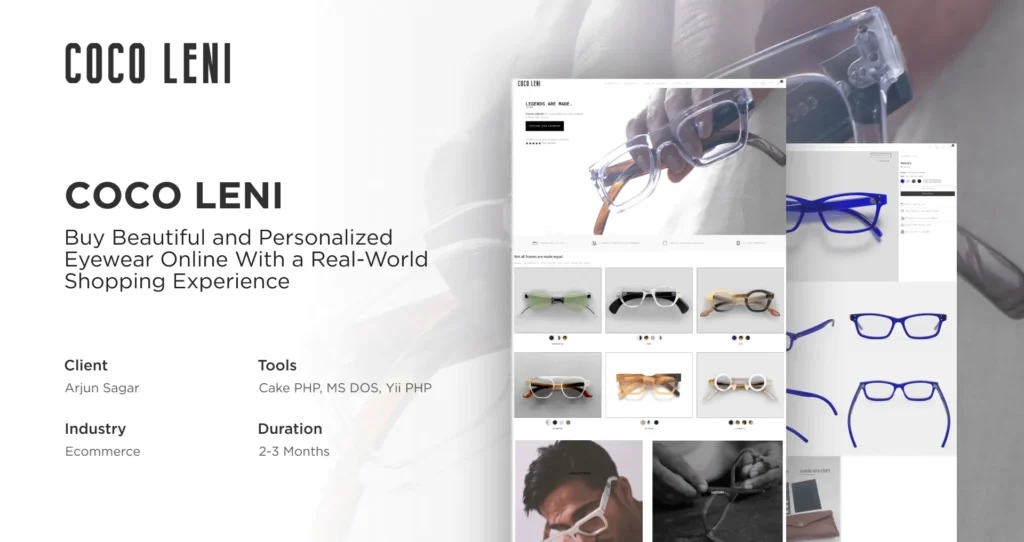




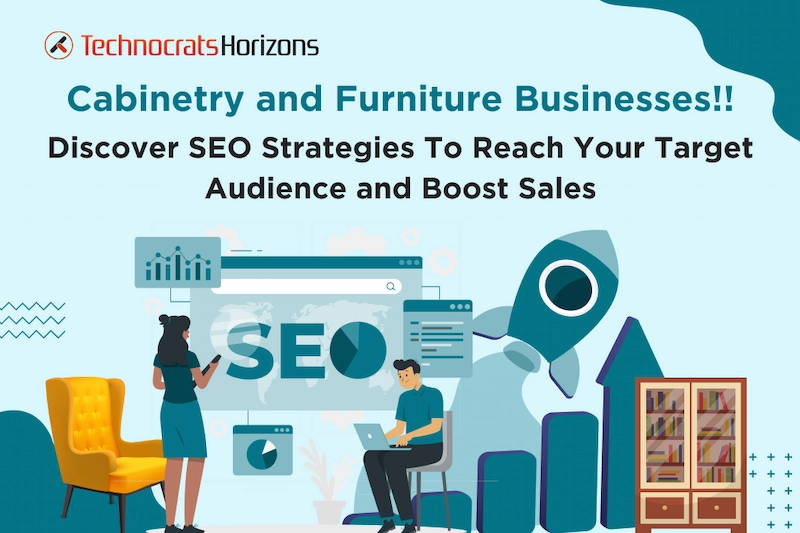
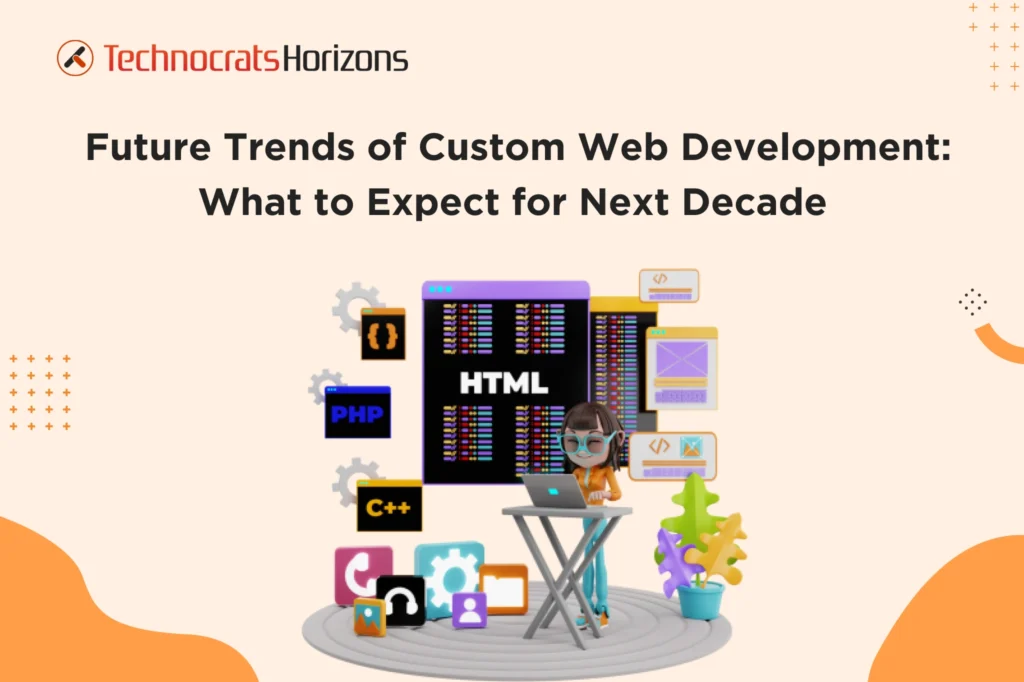
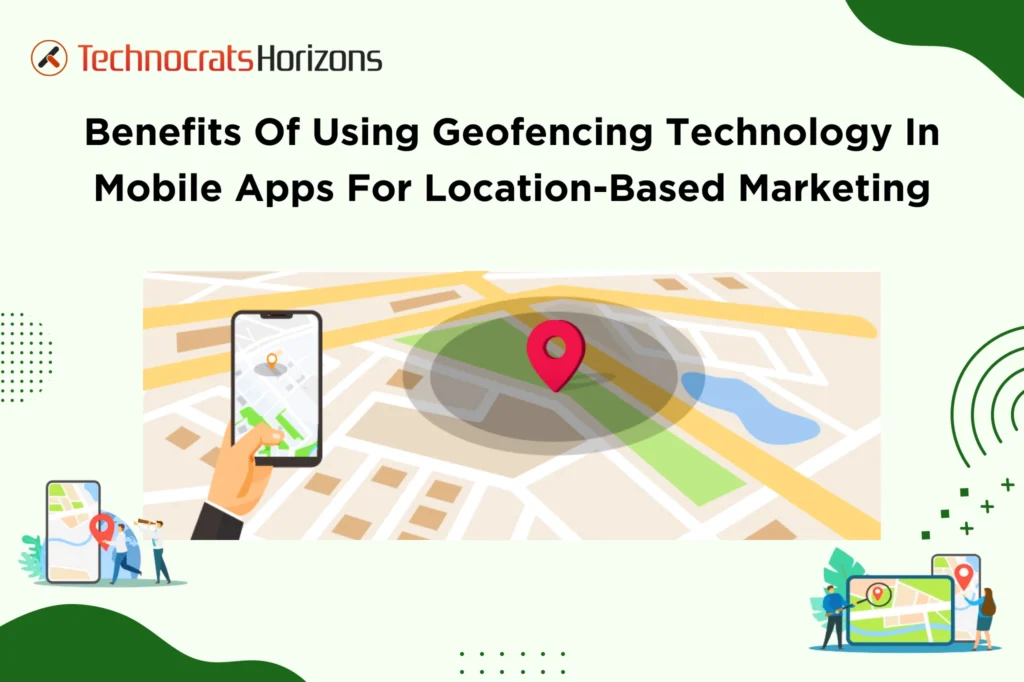
 Request a
Request a













